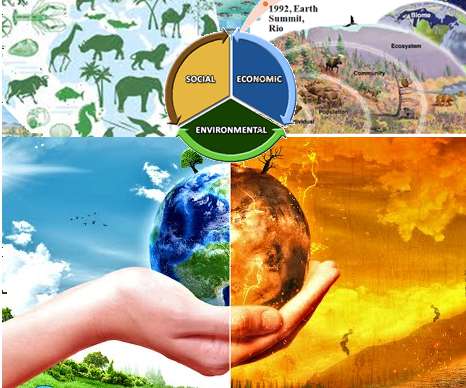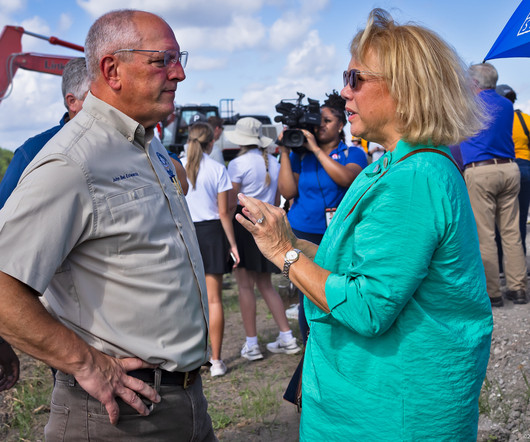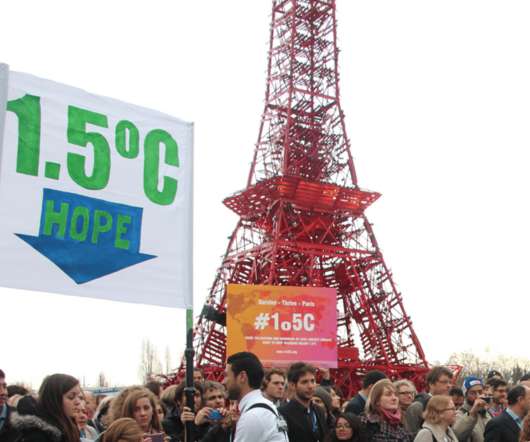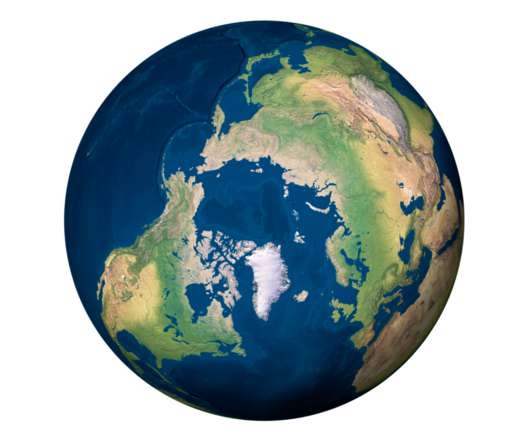Why We Need Carbon Capture and Sequestration
Green Market Oracle
FEBRUARY 11, 2020
degree C above preindustrial norms (World Meteorological Organization [WMO], 2017). As explained by Julio Friedmann, senior research scholar at Columbia University’s Center for Global Energy Policy, "We have to create an industry the size of the oil and gas industry that runs in reverse. And we’re on the clock.















Let's personalize your content